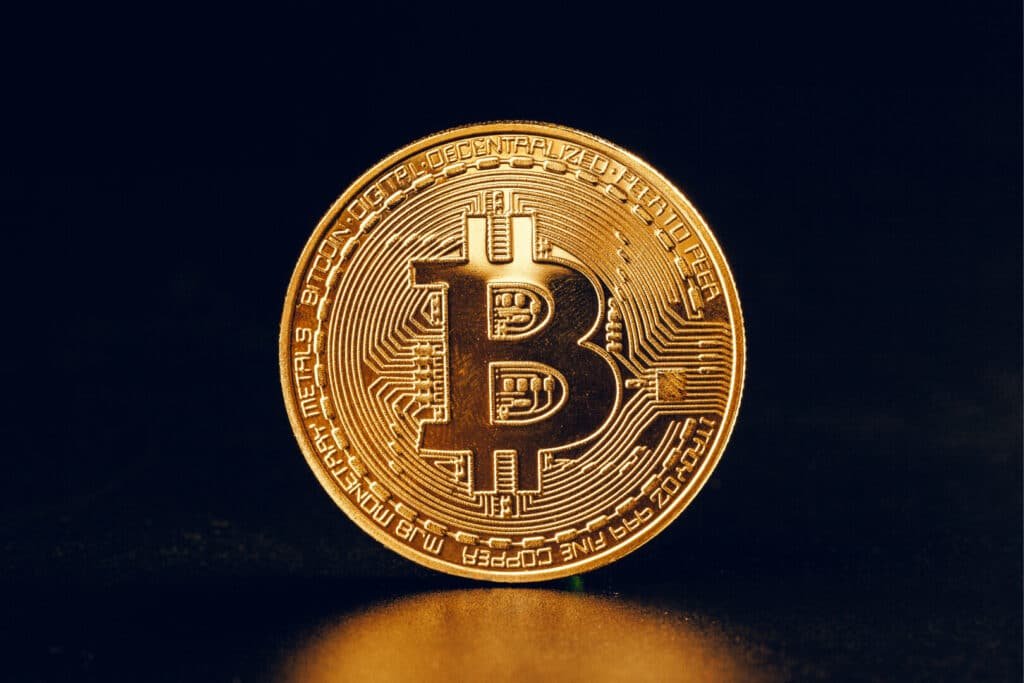Introduction
Bitcoin, the world’s first decentralized cryptocurrency, has been a topic of great interest and debate since its creation in 2009 by Satoshi Nakamoto. Understanding what defines the value of Bitcoin is crucial for investors, economists, and cryptocurrency enthusiasts. This post explores the various factors that influence the value of Bitcoin, from supply and demand to global acceptance, and examines why some believe its value is real while others remain skeptical.
History of Bitcoin
Bitcoin was created by a person or group of people under the pseudonym Satoshi Nakamoto. Published as a white paper in 2008, Bitcoin was introduced as a peer-to-peer electronic payment system that did not rely on traditional financial intermediaries. In 2009, Nakamoto mined the genesis block, marking the beginning of the Bitcoin network.
Factors Influencing the Value of Bitcoin
Supply and Demand
Bitcoin has a maximum fixed supply of 21 million coins. This inherent scarcity is one of the main factors driving its value. Every four years, the amount of new bitcoins mined is halved in an event known as the “halving.” This reduces the supply, and if demand remains constant or increases, the price tends to rise.
Utility
Bitcoin is used as a medium of exchange and also as an investment. Additionally, its underlying technology, the blockchain, enables the creation of smart contracts and other decentralized applications, increasing its utility.
Security and Trust
Bitcoin is secure due to its blockchain technology, which is decentralized and nearly immutable. Trust in Bitcoin is also bolstered by its resistance to censorship and independence from governments and financial institutions.
Adoption and Acceptance
Acceptance of Bitcoin by merchants, companies, and even governments increases its legitimacy and, consequently, its value. Major companies like Tesla, PayPal, and Square have shown interest in adopting Bitcoin, contributing to its mainstream acceptance.
Perception of Bitcoin’s Value
Comparison with Traditional Currencies and Gold
Bitcoin is often compared to gold as a store of value. While it is volatile, many believe its scarcity and security make it a good hedge against inflation and the instability of fiat currencies.
Speculation and Investment
Speculation is a significant part of the Bitcoin market. Institutional investors and individuals see Bitcoin as a high-return opportunity, which increases demand and price.
Comparison with Sovereign Currencies
Bitcoin vs. US Dollar (USD)
Bitcoin is decentralized and not controlled by any entity, unlike the USD, which is issued by the Federal Reserve. Bitcoin’s fixed supply protects against inflation, while the USD can be printed in response to monetary policies.
Bitcoin vs. Euro (EUR)
Bitcoin operates on a decentralized network, while the Euro is managed by the European Central Bank. Bitcoin is more volatile than the Euro, but its acceptance is growing globally.
Bitcoin vs. Japanese Yen (JPY)
Bitcoin represents technological innovation, while Japan is known for quickly adopting new financial technologies. The culture of investing in cryptocurrencies in Japan is strong, and Bitcoin can act as a hedge against Japan’s monetary policy.
Bitcoin vs. Brazilian Real (BRL)
Bitcoin can protect against high inflation and devaluation of the BRL. It offers an accessible alternative to Brazil’s traditional banking system and is being adopted in emerging markets.
Bitcoin vs. Gold
Both Bitcoin and gold are seen as stores of value. Bitcoin is more portable and easier to transfer, while gold has a millennia-old history of acceptance.
Challenges and Controversies
Distrust and Skepticism
Frauds, hacks, and extreme volatility generate distrust. Many question Bitcoin’s legitimacy and sustainability in the long term.
Regulation
Governments around the world are trying to regulate Bitcoin, which can impact its value and adoption. The lack of regulatory clarity is a significant challenge for investors.
Why Bitcoin’s Value is Real
Decentralization
Independence from governments and financial institutions makes Bitcoin an attractive option for those seeking a form of money resistant to censorship and manipulation.
Scarcity
The limited supply of 21 million bitcoins ensures that it remains a scarce asset, which is a fundamental characteristic for preserving value.
Growing Adoption
The number of users, transactions, and infrastructure for Bitcoin is increasing, reinforcing its utility and acceptance.
Future of Bitcoin
Value Projections
Experts have divergent opinions on Bitcoin’s future value, but many believe the upward trend will continue as adoption increases.
Innovation and Technology
Ongoing development of the Bitcoin protocol and integration with other emerging technologies, such as the Internet of Things (IoT) and smart contracts, could expand its applications and value.
Conclusion
The value of Bitcoin is defined by a combination of economic, technological, and social factors. Its scarcity, utility, security, and growing acceptance are the pillars that support its value. Although it faces challenges and controversies, many believe Bitcoin has a promising future as a global store of value and a form of digital money.
References
- Federal Reserve (FED)
- European Central Bank (ECB)
- Bank of Japan
- Central Bank of Brazil
- Investopedia
- CoinDesk
Disclaimer – Informational Content, Not Investment Advice
Content provided herein is solely for informational purposes and should not be construed as a recommendation, endorsement, or suggestion to engage in any form of investment activity. The information presented in this post is not intended to serve as financial, legal, tax, or investment advice.
About the Author: CryptoTrends Team
With over five years of diving deep into cryptocurrencies and blockchain, we’ve cemented our position as experts in the digital currency realm. Our team has not only contributed to a multitude of pioneering blockchain projects but has also enlightened thousands with our incisive articles CryptoTrends. Always at the cutting edge of crypto trends, we proudly collaborate with CryptoBotStation, ensuring our readers stay one step ahead in this dynamic space.









